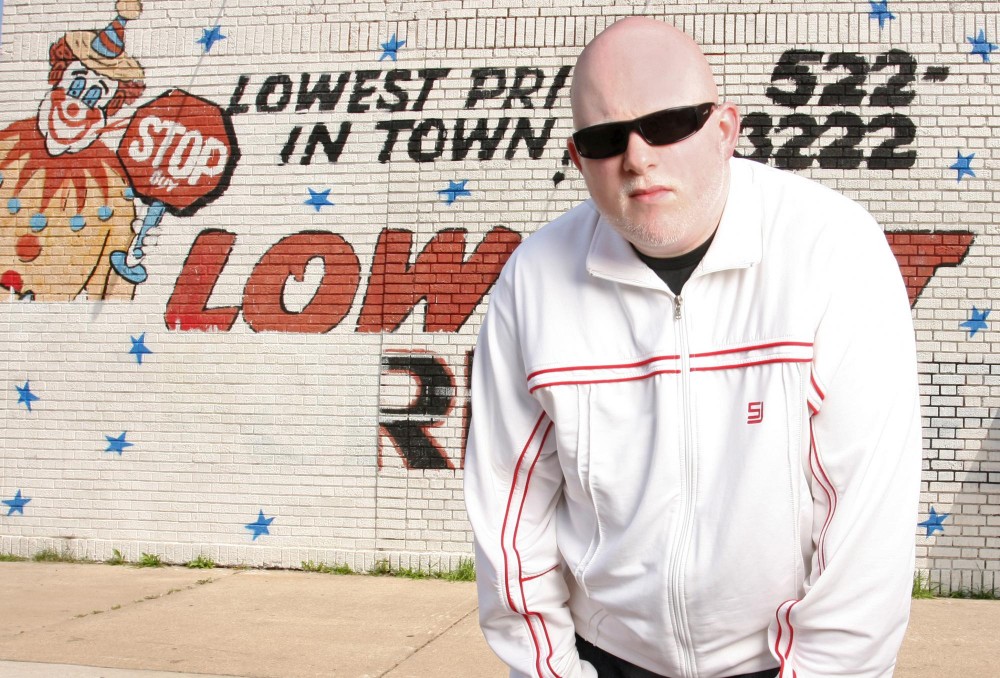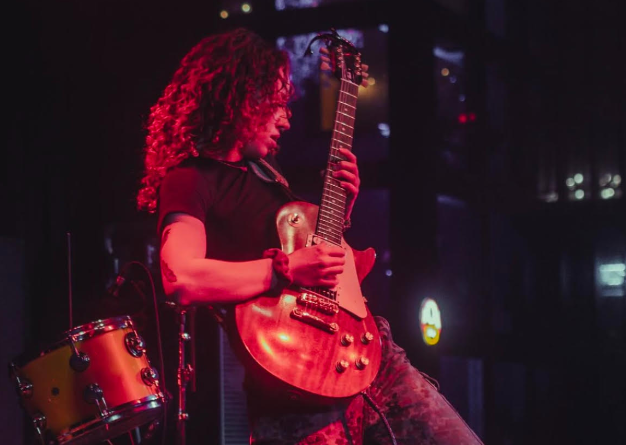The American Dream. The illustrious reverie was once defined by dust-faced Okies peering westward to the golden land of California. But here in the hustle and bustle of the 21st Century âÄî Horatio Alger be damned âÄî the rap game harnesses the impossible rags-to-riches ideals of the great dream more than anything. One might consider MinneapolisâÄò own Brother Ali the poster boy. The story of a picked-on albino in the forlorn tundra of Minnesota who used his dream of rapping as an outlet, converted to Islam and, on the back of label Rhymesayers, climbed the rap ladder and is now one of the most recognizable names in non-mainstream hip-hop. In light of his high-energy new release, âÄúUs,âÄù which is as much a sermon as a rap album, A&E was granted a phone interview with the cordial Biggie Smalls of the Midwest. Unfortunately, the constraints of cell phone service in the mountains made it fairly short. What do you think ultimately led you to rap? I mean, I just always loved it so much. I started out just being an extreme fan of it. I got involved first from break dancing. That led to rapping naturally, know what I mean? In the late âÄô80s there was a big jump that the music took and also the lyricism took, and the possibilities for what you could do musically and lyrically within hip-hop [grew]. The horizons got expanded so much at that time. I think it kinda blew all of us away, everybody that was following it from before the late âÄô80s. But anybody that was loosely involved when that happened, I think knew that this was the greatest art form ever. At least in our mind. You hit #56 on the Billboard charts with âÄúUs.âÄù What does that mean to you? We didnâÄôt have a huge marketing campaign. We had some serious debacles and extra challenges with iTunes and Target. With iTunes, somebody made a mistake. I think they were selling the wrong music on iTunes, which is like 30 percent of our sales. And Target had to pull my album off the shelves because there was a curse word on the back. So even with those things, our fans supported us âÄî it just means a lot. It seems as though, to me, the new American Dream is embodied by the rags-to-riches rap stories of our time. You are no exception. I think you touch on this a lot in the album, particularly in âÄúUsâÄù and âÄúFresh Air.âÄù Can you elaborate on this seemingly impossible dream so many strive for, and you yourself have grasped? I mean, I wouldnâÄôt say rags-to-riches for me. I would say rags-to-Adidas jackets, know what I mean? IâÄôm very happy to be approaching middle class. IâÄôm very excited and thankful for that. ItâÄôs just like a family that starts a hardware store or a group of friends that open a barber shop. We [Rhymesayers] didnâÄôt wait for the music industry to give us an opportunity. ItâÄôs just like having a little store that turns into a franchise âÄî then you get a lot of stores. ItâÄôs a lot of work, but itâÄôs great fun. And it feels like living in a dream. It really does.

PHOTO COURTESY JULIAN MURRAY
Interview: Brother Ali
A&E chats with the man who stays busy keeping hip-hop in the Twin Cities outstanding.
by Mark Brenden
Published October 7, 2009
0
More to Discover







